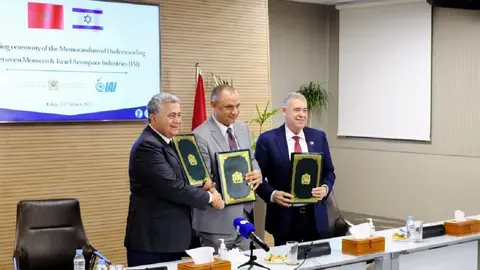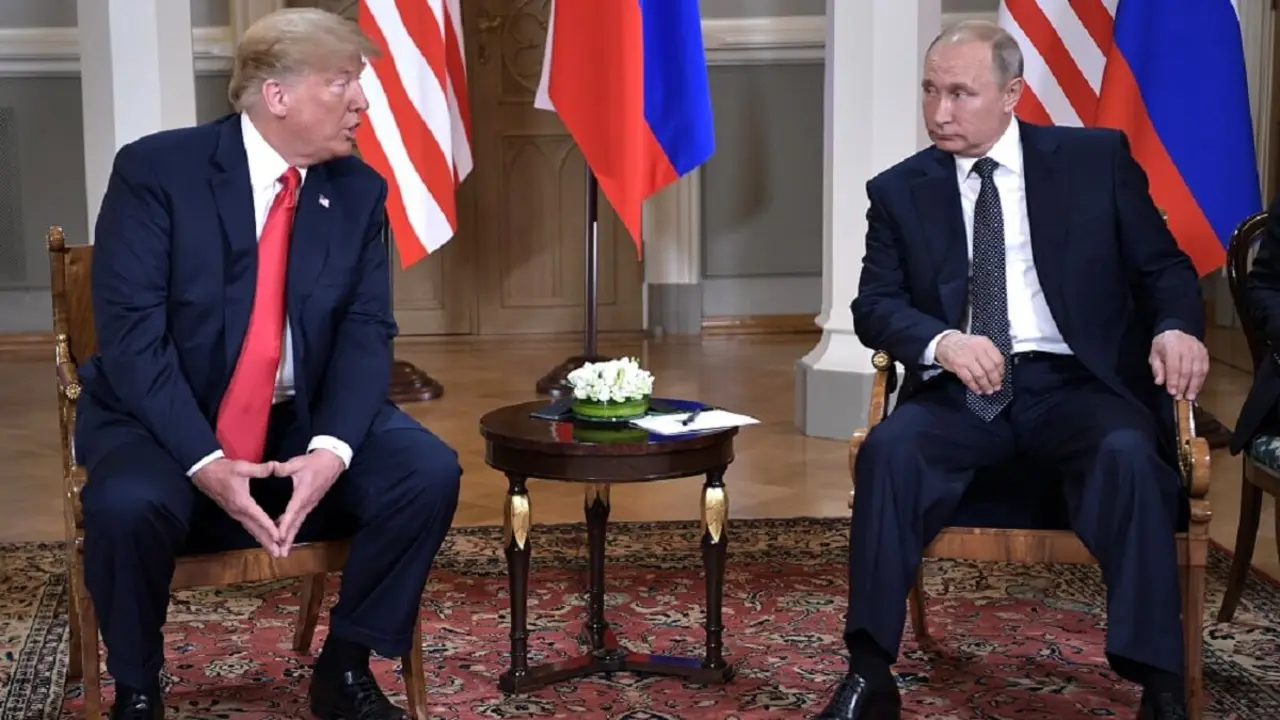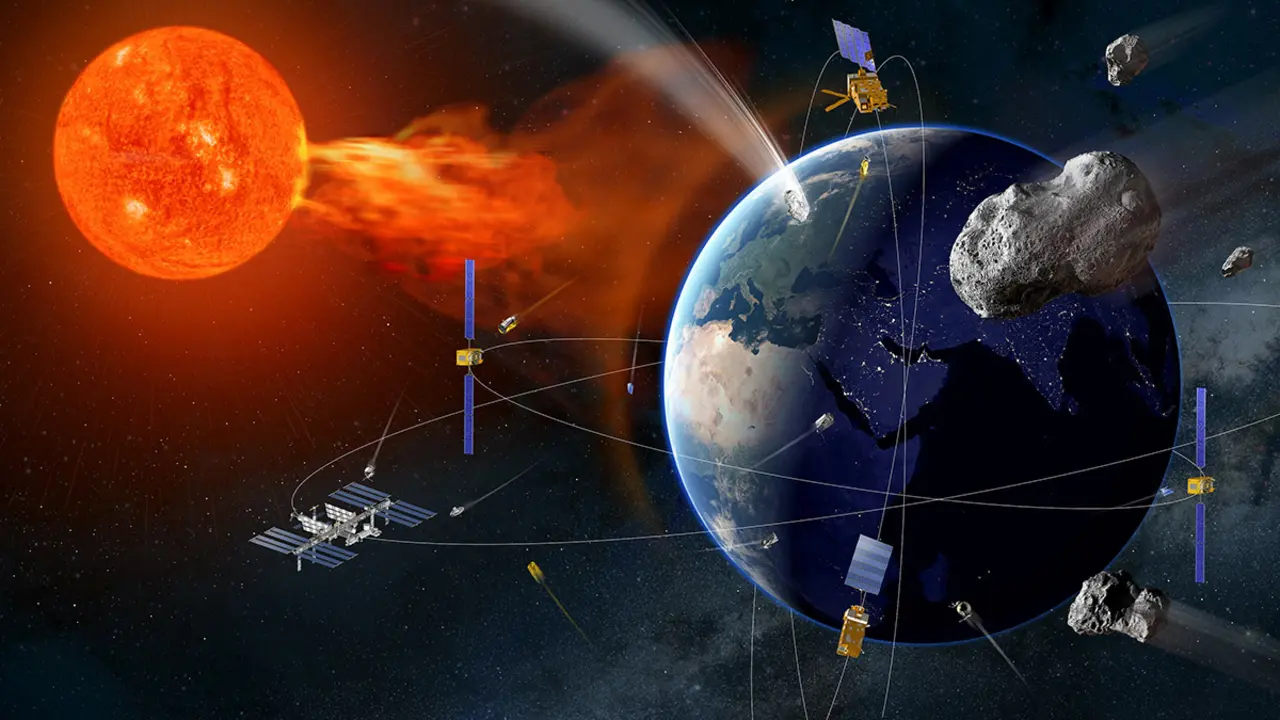Morocco: leading the space race in Africa
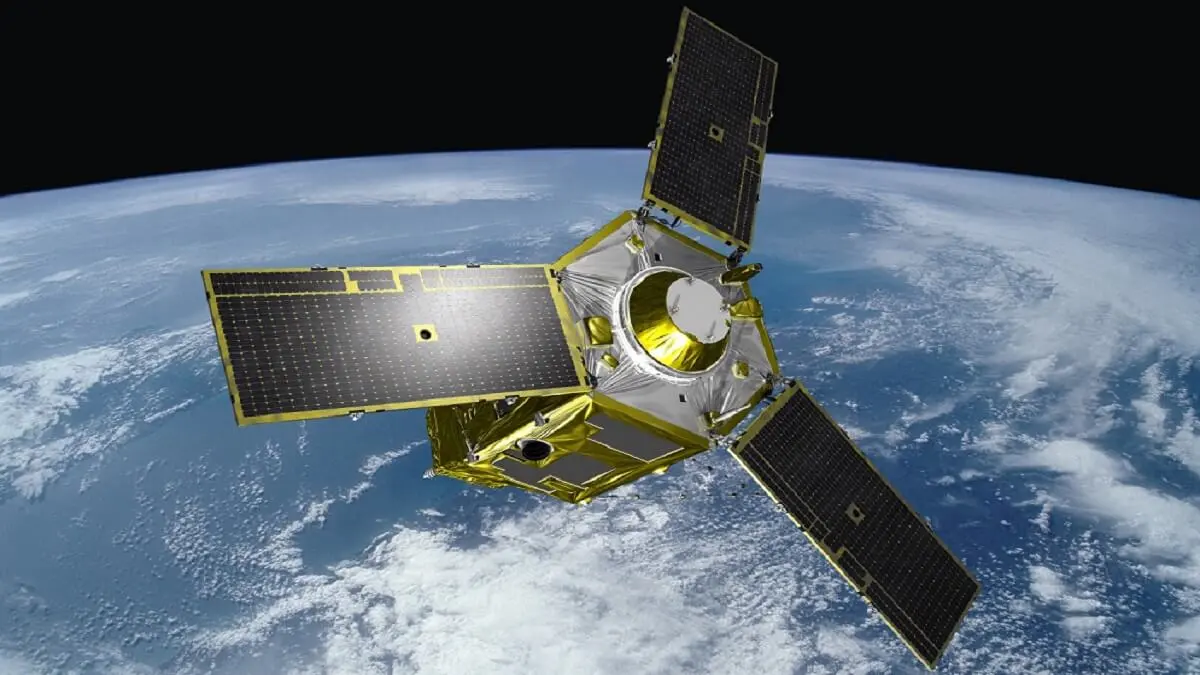
According to information from the Arabic Defence website, a report by the Stockholm International Peace Research Institute (SIPRI) confirms Morocco's desire to acquire two Israeli Ofek-13 satellites, the most accurate satellites on the market.
- What are Morocco's objectives?
- Morocco determined to increase its space security
- Morocco aims for manufacturing leadership
In the industry, these devices are known for their capabilities in the intelligence and security fields, with an accuracy of up to half a metre margin of error. This request highlights that Morocco is taking steps to strengthen its surveillance and intelligence capabilities.
The objectives reflect the North African nation's desire to improve its technological and security capabilities and to strengthen its position as the African leader in the space sector.

Ofek-13 satellites are aperture radar surveillance terminals designed and manufactured by Israel Aerospace Industries (IAI) for the Israel Ministry of Defence and the Israel Defence Forces (IDF) and operated by Unit 9900. These devices are part of the family of reconnaissance satellites using high-resolution imaging systems using synthetic aperture radar (SAR). Among its capabilities is that it can send microwave radar signals to the Earth's surface to detect physical features.
The development of space capabilities is seen as an important factor in accelerating Morocco's economic growth in several sectors. Ofek-13 is considered the latest of its kind with unique radar tracking capabilities and is expected to enhance strategic intelligence capabilities, enabling intelligence gathering in all weather and visibility conditions.
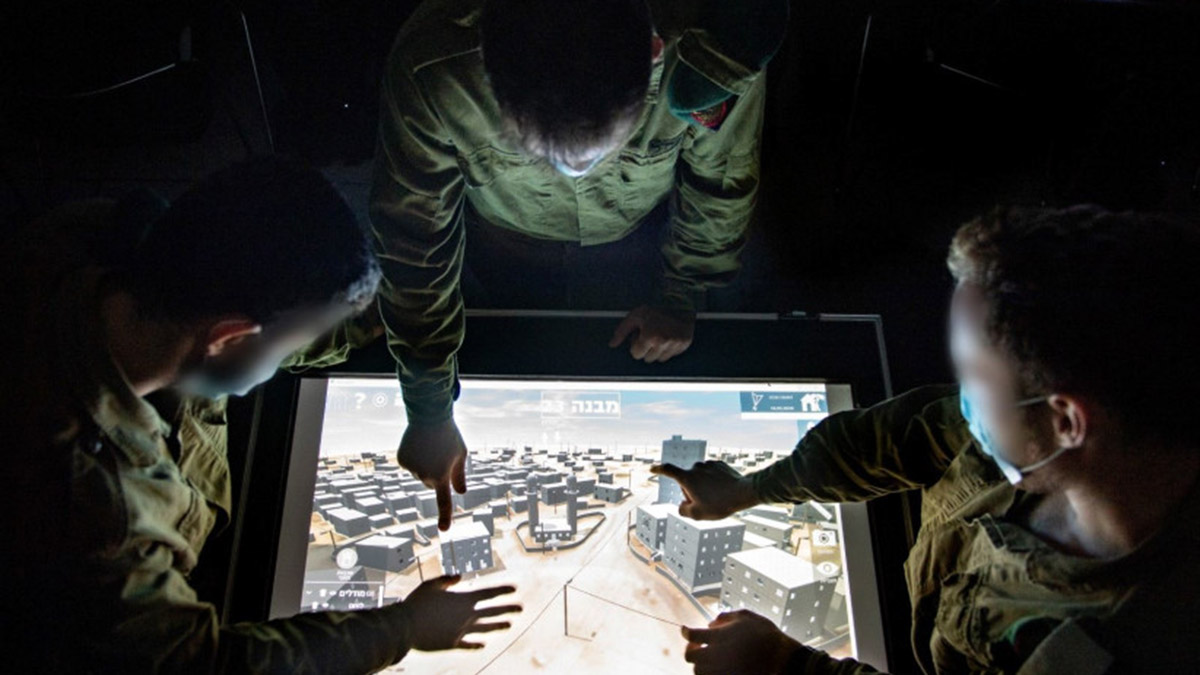
What are Morocco's objectives?
With the acquisition and launch of the Ofek satellite, Morocco aims to achieve several objectives: to strengthen its space capabilities, which would make it the leading power on the African continent in this sector, and to increase its security and surveillance.
On the one hand, the strengthening of space capabilities is based on developing and expanding the country's space capabilities, following the launch of two satellites in 2001 and 2018.

The various applications include the use of satellites in areas such as climate change monitoring and surveillance, agriculture, defence, aviation and internet connectivity, international cooperation in the field of space exploration with powers such as the United States, France, Spain and the United Arab Emirates.
On the other hand, the Alawi country is focused on the pursuit of maximum security and vigilance. According to the SIPRI report, Morocco would use satellites and drones for surveillance and intelligence to combat illegal immigration, smuggling, crime and terrorism, with an emphasis on security in the Western Sahara region.

Morocco determined to increase its space security
The development and growth of the security industry is positioning the Alawi nation among the leading powers in the sector. Morocco wants to improve its space satellite network. Tensions in the region and the country's race to overtake its Algerian rivals have led Rabat to intensify its efforts across the board for leadership in North Africa.
Space is one of the most important areas, as evidenced by agreements with Israel Aerospace Industries (IAI) to upgrade two observation satellites. Compared to its main competitors, Egypt, South Africa and Algeria, the Alawi country has enjoyed the greatest growth.
Morocco aims for manufacturing leadership
The Alawi kingdom is in a period of great economic and industrial prosperity. It is the fifth largest economy in Africa. One of the most relevant aspects is the country's leading position in receiving direct investments from foreign partners, such as the United States and European countries, not to mention domestic investments.

The Minister of Industry and Trade, Ryad Mezzour, said he hopes to achieve several objectives, mainly specialising in the production of satellite components. Indeed, the aviation sector is constantly growing, so the aim is to confirm Morocco's leadership in the aviation industry by initiating the production of satellite components and attracting new investors.

